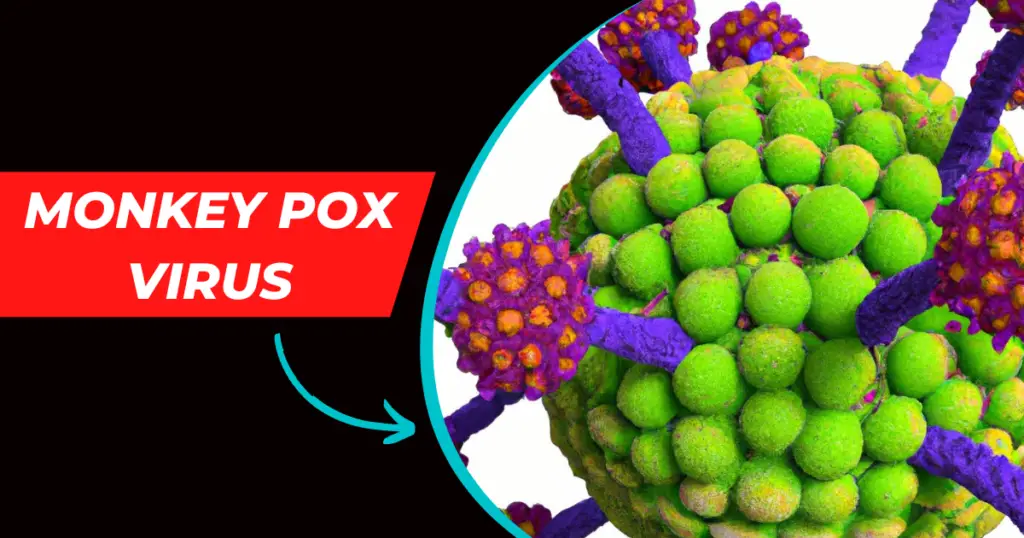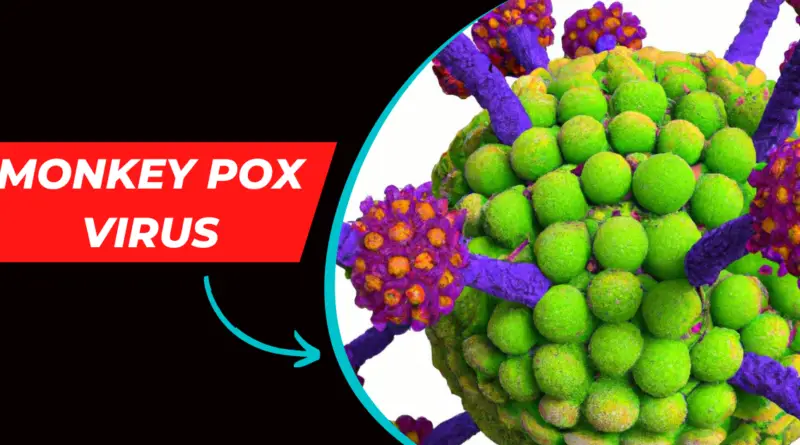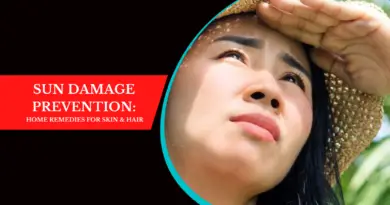Keeping Your Family Safe from Monkeypox: A Comprehensive Guide to Symptoms, Prevention, and Vaccination
What is Monkeypox and How Does it Spread?
Monkeypox is a zoonotic disease caused by the monkeypox virus. It is closely related to smallpox, but is less severe and has a lower mortality rate. Monkeypox outbreaks occur most commonly in Central and West African countries, where it can spread rapidly from person to person through contact with the infected person’s respiratory secretions or direct contact with their skin lesions. It can also be spread through contact with objects that have been contaminated by an infected animal or person. In rare cases, monkeypox can be transmitted from animals to humans, usually through contact with an infected animal’s saliva or respiratory secretions.
Understanding the Symptoms and Diagnosis of MPox

Monkeypox is a rare, zoonotic disease caused by the monkeypox virus. It is similar to smallpox but typically causes milder symptoms. The infection can cause fever, headache, muscle aches, swollen lymph nodes and a rash that eventually forms a crust. Early diagnosis and treatment of monkeypox is important for preventing serious complications.
Preventing a Monkeypox Outbreak with Effective Hygiene Practices
Monkeypox is a rare viral infection that can cause serious illness in humans. It is spread by close contact with an infected animal or person, as well as through contaminated objects. To protect yourself and others from monkeypox, it is important to practice good hygiene and sanitation practices. This includes washing your hands often with soap and water, avoiding contact with animals that are known to carry the virus, and cleaning surfaces regularly. By following these simple steps, you can help prevent the spread of monkeypox and protect yourself from infection.
Tips & Advice on How to Stay Protected from a Monkeypox Outbreak
Monkeypox is a rare but highly contagious viral disease. It can spread through direct contact with an infected person, animal, or contaminated items. While the risk of a monkeypox outbreak is low, it’s important to be aware of the steps you can take to protect yourself and your family from infection. Quarantine and isolation measures are essential in preventing the spread of monkeypox during an outbreak.
What is monkey pox or MPox virus?
Monkeypox is a rare viral disease that is similar to smallpox. It is caused by a virus called the monkeypox virus, which belongs to the Orthopoxvirus family. The primary method of transmission is through contact with an infected animal or human. There is currently no specific treatment for monkeypox; however, supportive care and antiviral medications may be used to reduce symptoms and prevent further spread of the virus.
What are the symptoms of monkey pox?
Monkeypox is a rare viral infection caused by the monkeypox virus, which is closely related to the smallpox virus. It is primarily found in tropical and subtropical regions of Africa and Asia. Symptoms of monkeypox typically include fever, headache, muscle aches, swollen lymph nodes, and a rash that can develop into lesions on the face, hands, and feet. Other symptoms may include chills, sore throat, chest pain, coughing up blood or mucus-filled sputum, difficulty breathing or swallowing food or liquids.
How is monkey pox transmitted to humans?
Monkey pox is a rare infectious disease caused by the monkeypox virus. It is transmitted to humans through contact with infected animals or objects contaminated with their bodily fluids, such as saliva, urine, and feces. The virus can also be spread through direct contact with the skin lesions of an infected person. In rare cases, it can be spread through inhalation of aerosols containing the virus. It is important to note that monkey pox cannot be spread from person to person via casual contact or through the air.
What is the treatment for monkey pox?
The treatment for monkey pox includes antiviral medications, antibiotics to treat secondary bacterial infections, and supportive care such as rest, fluids, and fever reducers. In some cases, hospitalization may be necessary for more severe symptoms or complications. Vaccines are available for those at risk of infection or who have been exposed to the virus.
Are there any vaccines available to prevent monkey pox?
Fortunately, there are vaccines available to help protect people from monkey pox. The vaccine works by stimulating the body’s immune system to produce antibodies that will fight off the virus if it ever enters the body. Vaccines are also available for animals, such as monkeys, that may be at risk of contracting monkey pox.
What are the long term effects of having monkey pox?
The long term effects of having monkey pox can vary depending on the individual and their overall health status. In general, people who have had monkey pox can experience symptoms such as fever, headache, muscle aches, fatigue, swollen lymph nodes, rash on face and body and even pneumonia in some cases. In addition to these physical effects there are also mental health implications that can arise from having this infection such as depression or anxiety due to the fear of re-infection or potential complications from the virus. It is important for individuals who have had monkey pox to seek medical advice from their doctor to ensure that they are receiving any necessary treatments for any long term effects that may arise
How can people protect themselves from getting infected with monkey pox?
It is important for people to understand how to protect themselves from getting infected with monkey pox. This article will discuss the various ways people can reduce their risk of contracting this virus, including avoiding contact with wild animals, practicing good hygiene, and getting vaccinated. By taking these steps, people can help ensure that they remain healthy and safe.




Thank you for writing this post. I like the subject too.